
Advice centre: expert health advice
Featured advice articles

Look after your joints and keep doing the things you love. Read Dr Hilary's top tips for keeping flexible, looking after your cartilage and maintaining collagen.
Learn more 
Nutritionist Rob Hobson explains how you can get on top of night-time toilet trips through lifestyle changes and supplements.
Learn more 
Jane Collins outlines the most common bladder problems that can affect women, along with the best ways to manage them and improve your urinary health.
Learn more 
Find out what you can do to support your immune system against colds and respiratory diseases and the essential role of vitamins C and D.
Learn more Latest advice articles

Digestion turns the food we eat into nutrients. Digestive enzymes are essential for this process. But what are they and could you benefit from a supplement?
Learn more 
A healthy gut is vital for overall health, and 'friendly bacteria' probiotics have an important role to play. So what do they do and how can they help you?
Learn more 
It seems like everyone is striving for that 'lit from within' glow. Facialist Julia Hart shares everything you need to know to transform dull-looking skin.
Learn more 
Glucosamine occurs naturally in joint cartilage, and there's evidence that supplements can help protect your joints and reduce discomfort. Here’s what you need to know.
Learn more Latest Guides

Digestion turns the food we eat into nutrients. Digestive enzymes are essential for this process. But what are they and could you benefit from a supplement?
Learn more 
A healthy gut is vital for overall health, and 'friendly bacteria' probiotics have an important role to play. So what do they do and how can they help you?
Learn more 
Glucosamine occurs naturally in joint cartilage, and there's evidence that supplements can help protect your joints and reduce discomfort. Here’s what you need to know.
Learn more 
Difficulty retaining information and struggling to concentrate can affect your quality of life. Dr Hilary Jones outlines the techniques and supplements to help.
Learn more Latest Mind articles

Many of us get more forgetful as we get older, but lifestyle changes, memory techniques and supplements can help, says Jane Collins.
Learn more 
With tips on everything from your bedroom environment to your diet, Rob Hobson, nutritionist and author of 'The Art of Sleeping', shares his sleep tips.
Learn more 
Experts share their insight on knowing if it's the right time for you to retire, as well as adjusting to this new phase of life.
Learn more 
Whether it's a heart attack, stroke or cancer diagnosis, even the healthiest of people can suffer a health setback. Here's how to get back on your feet.
Learn more Latest Body articles

It seems like everyone is striving for that 'lit from within' glow. Facialist Julia Hart shares everything you need to know to transform dull-looking skin.
Learn more 
Nutritionist Rob Hobson explains how to spot if you have IBS, and how to treat it with diet and supplements.
Learn more 
Look after your joints and keep doing the things you love. Read Dr Hilary's top tips for keeping flexible, looking after your cartilage and maintaining collagen.
Learn more 
Beauty editor Jocelyn Bailey explains how we can look after the delicate skin on our hands and keep them looking their best.
Learn more Latest Fitness Nutrition articles
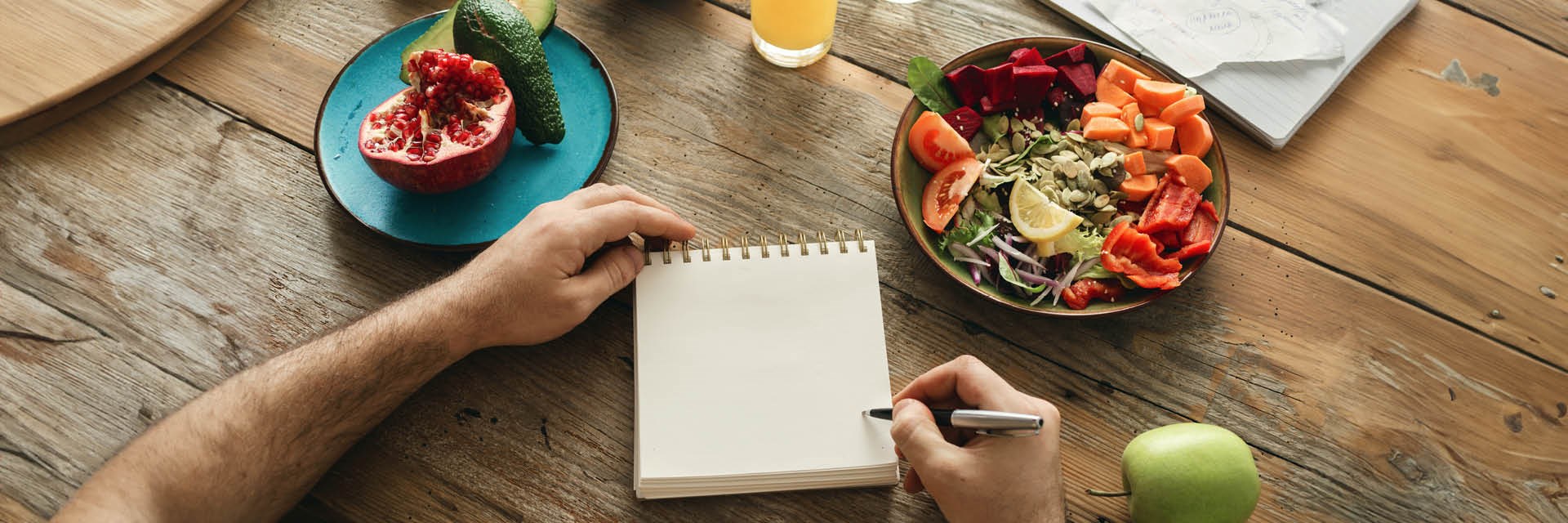
Registered Nutritionist Rob Hobson explains where FODMAPs can be found and whether avoiding them will help your digestion.
Learn more 
It's easy to overdo it at Christmas, but there are plenty of ways to have fun without going overboard, says nutritionist Rob Hobson.
Learn more 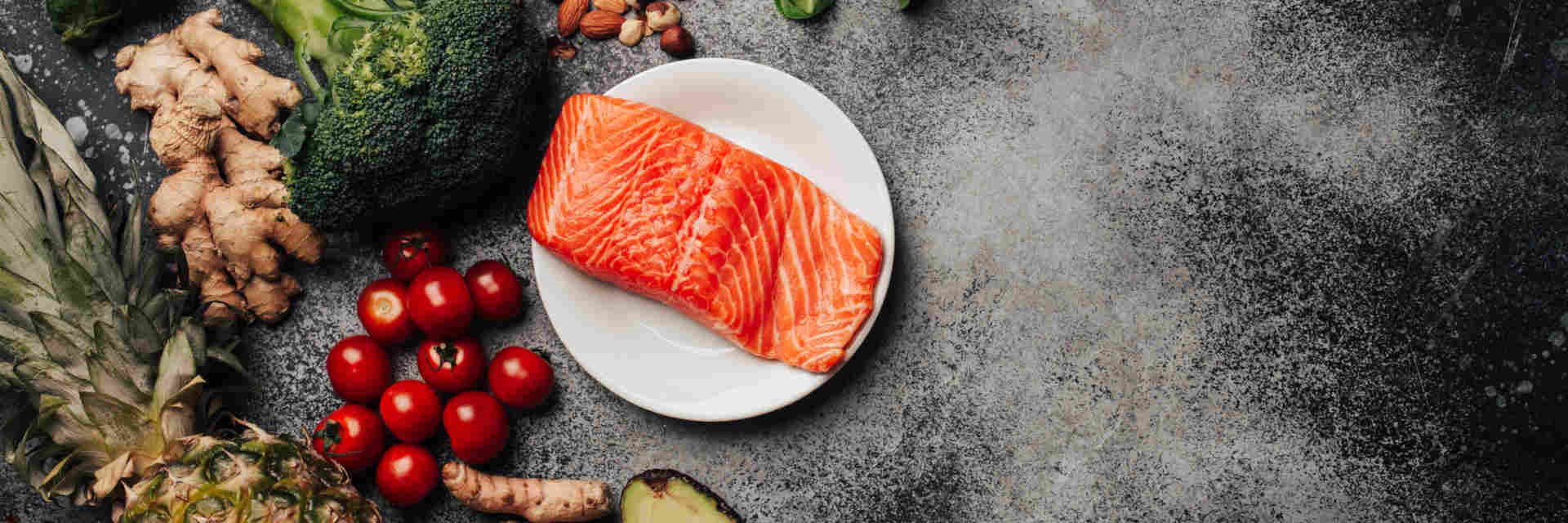
Maintaining a healthy diet is an important way to support your immunity, says nutritionist Rob Hobson - and some foods are more powerful than others.
Learn more 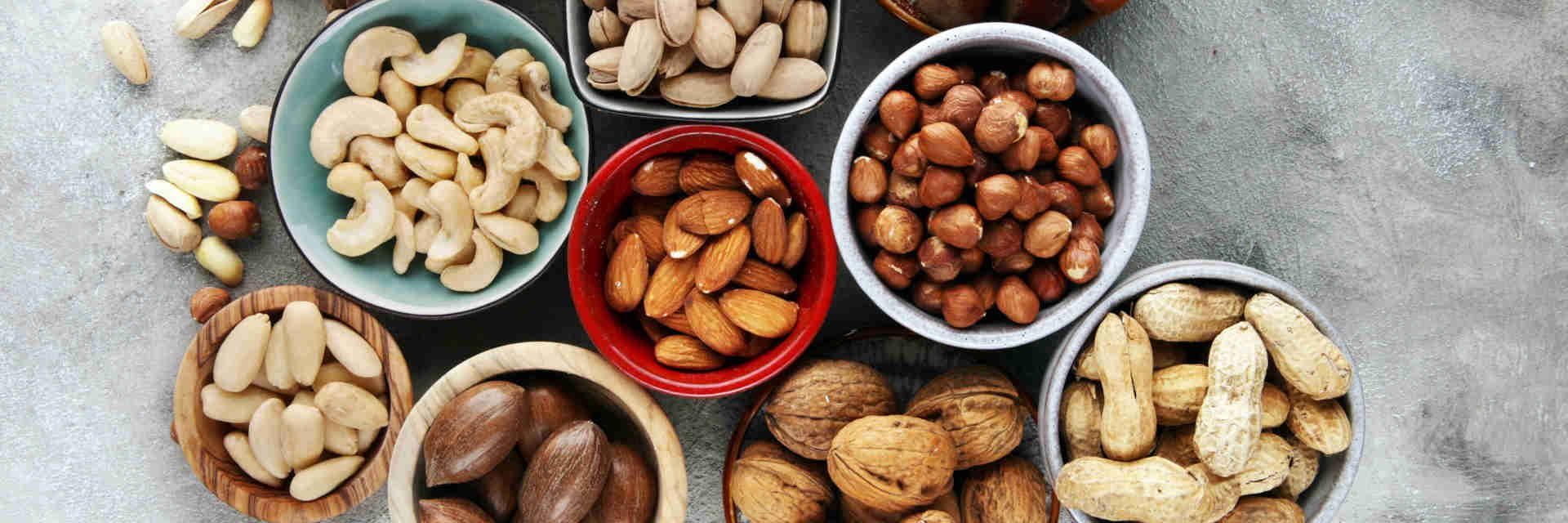
Nuts are an excellent source of healthy fats, protein, vitamins and minerals, says nutritionist Rob Hobson. Here's his pick of the bunch.
Learn more Latest Healthy Recipes
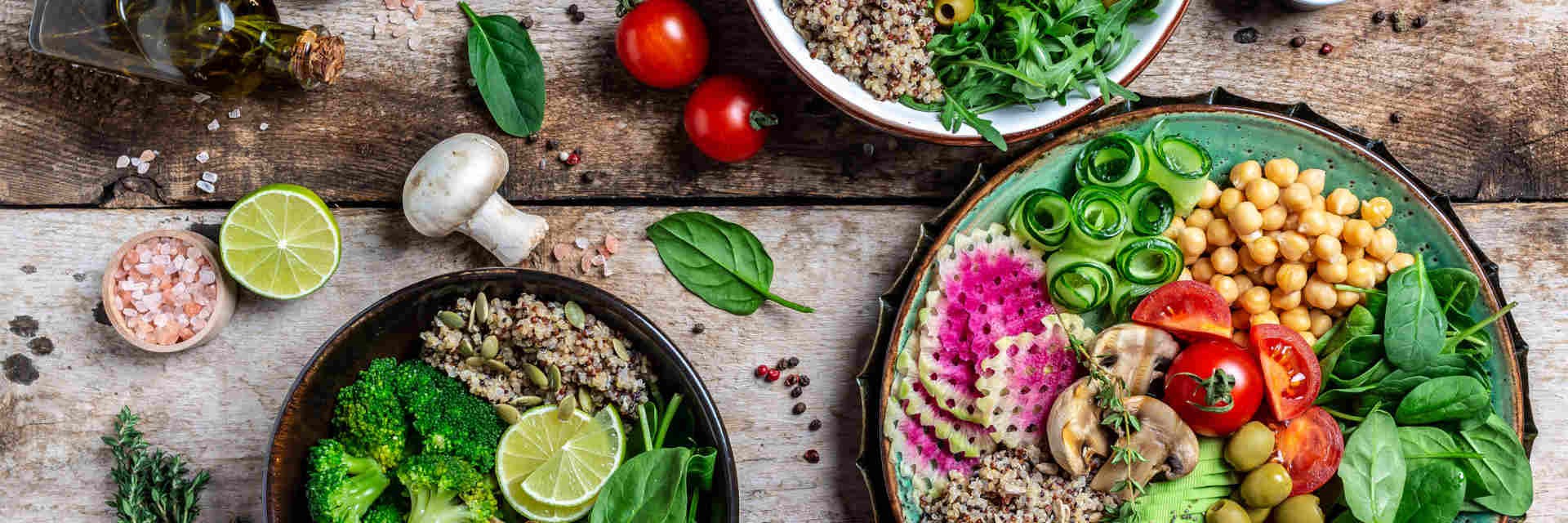
The Government's Eatwell Guide shows you how much of each food you should have in your diet. These recipes will help you follow this guide on a budget.
Learn more 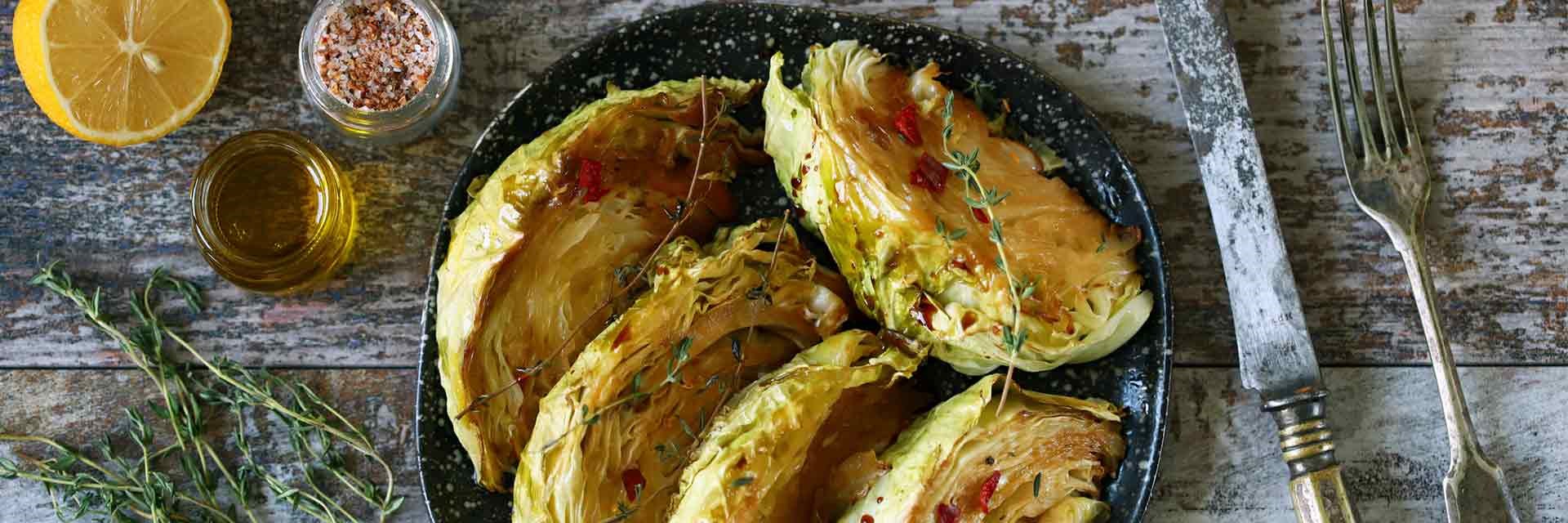
Nutritionist Rob Hobson shares a versatile recipe rich in plant protein, iron and vitamin C, which can be enjoyed as a side, or served with brown rice.
Learn more 
Try this alternative risotto from nutritionist Rob Hobson, made with pearl barley and artichoke for their benefits on cholesterol and the gut microbiota.
Learn more 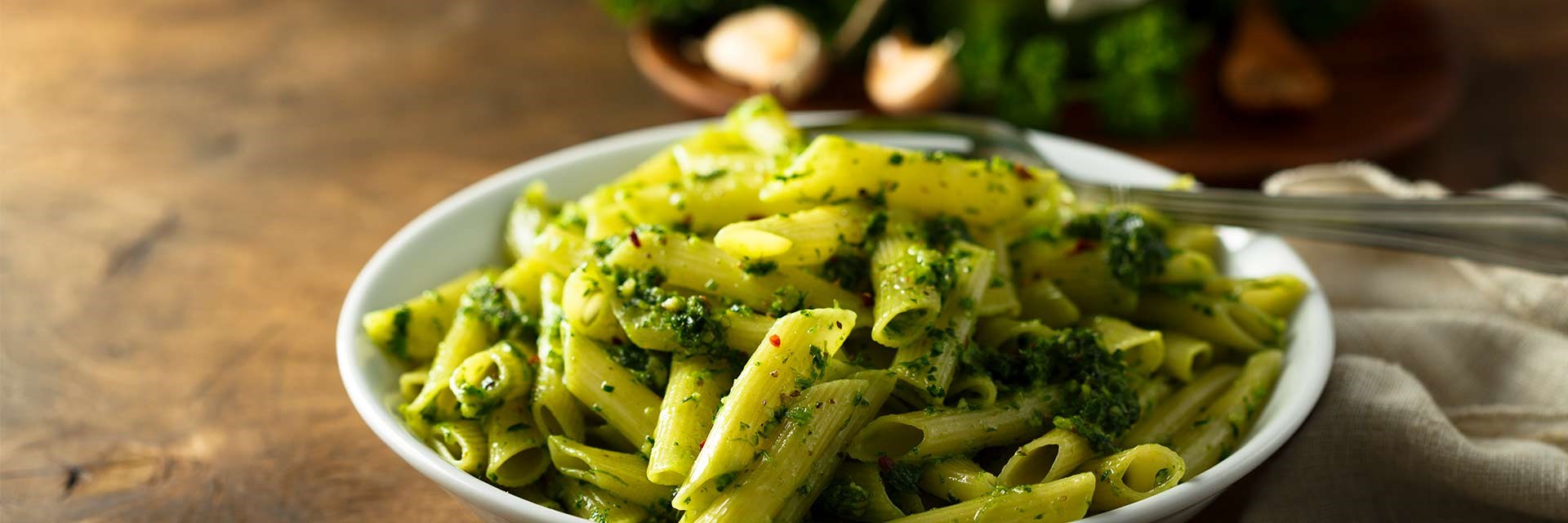
Rich in fibre, magnesium and calcium, this wholesome dish from nutritionist Rob Hobson is good for you as well as the planet, helping reduce food waste.
Learn more Latest Going Vegan articles
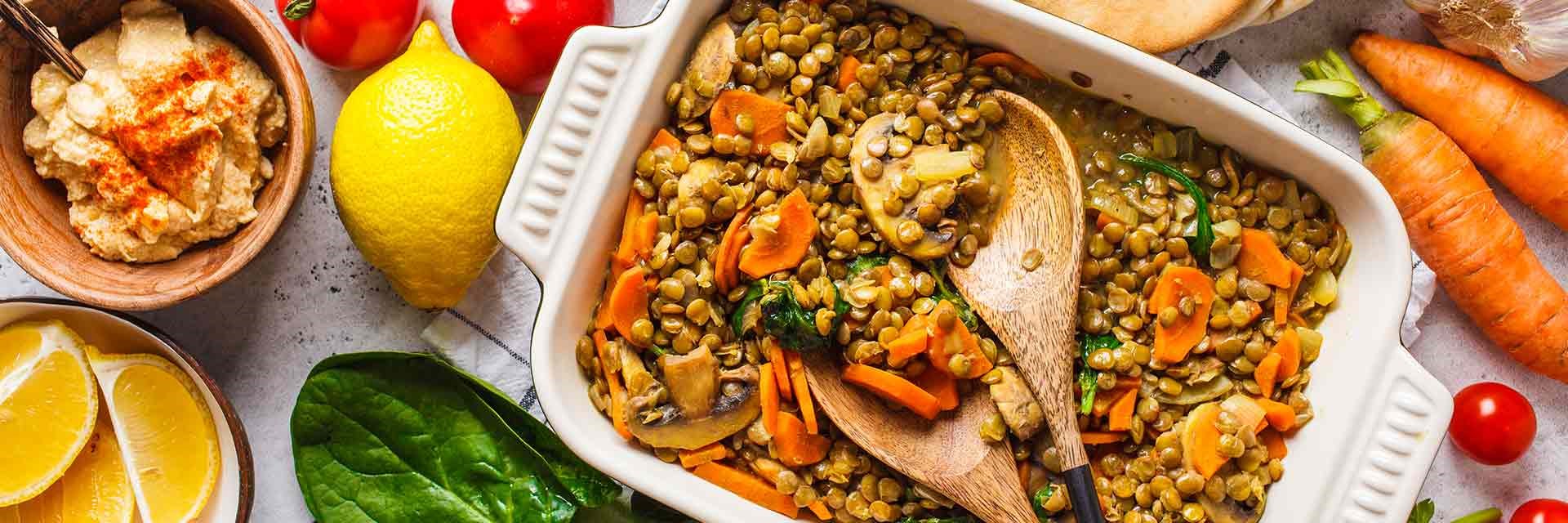
Fancy trying a vegan diet but worried about finding vegan alternatives to your favourite foods? Nutritionist Rob Hobson has the answers.
Learn more 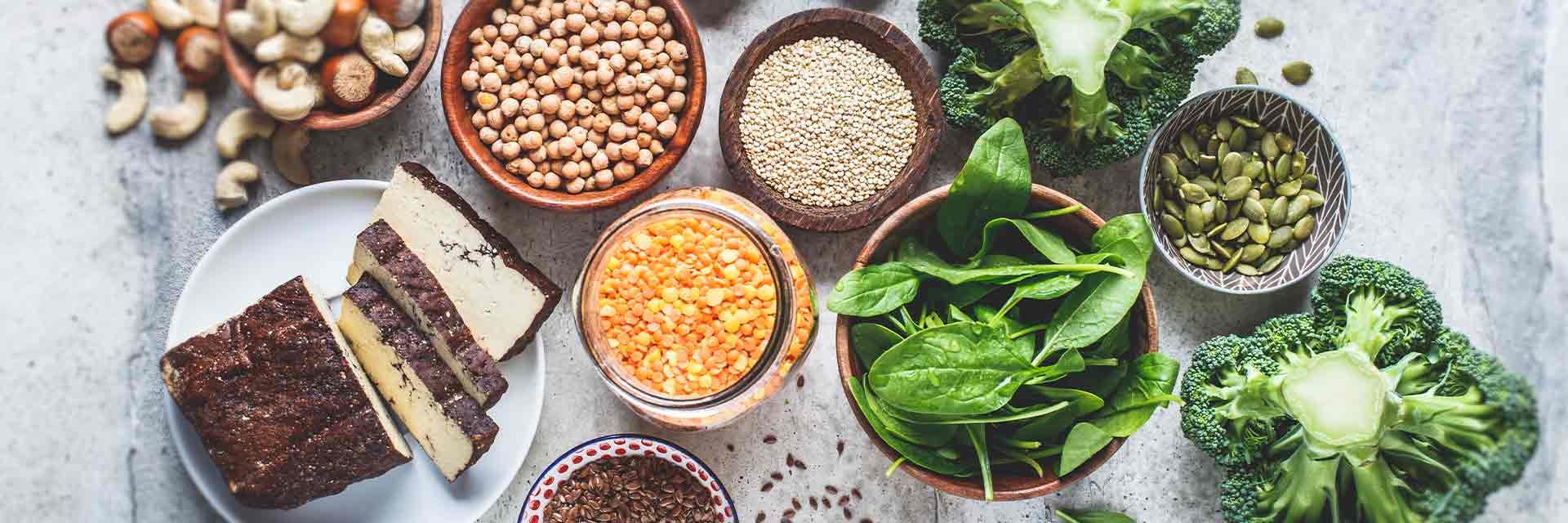
Can going plant-based lead to deficiencies in vitamins and minerals? Nutritionist Rob Hobson explores how to maintain nutrition levels on a vegan diet.
Learn more 
Vegan, vegetarian, plant based or flexitarian: to help you decide which type of diet might be best for you, try this quiz from nutritionist Riya Lakhani.
Learn more 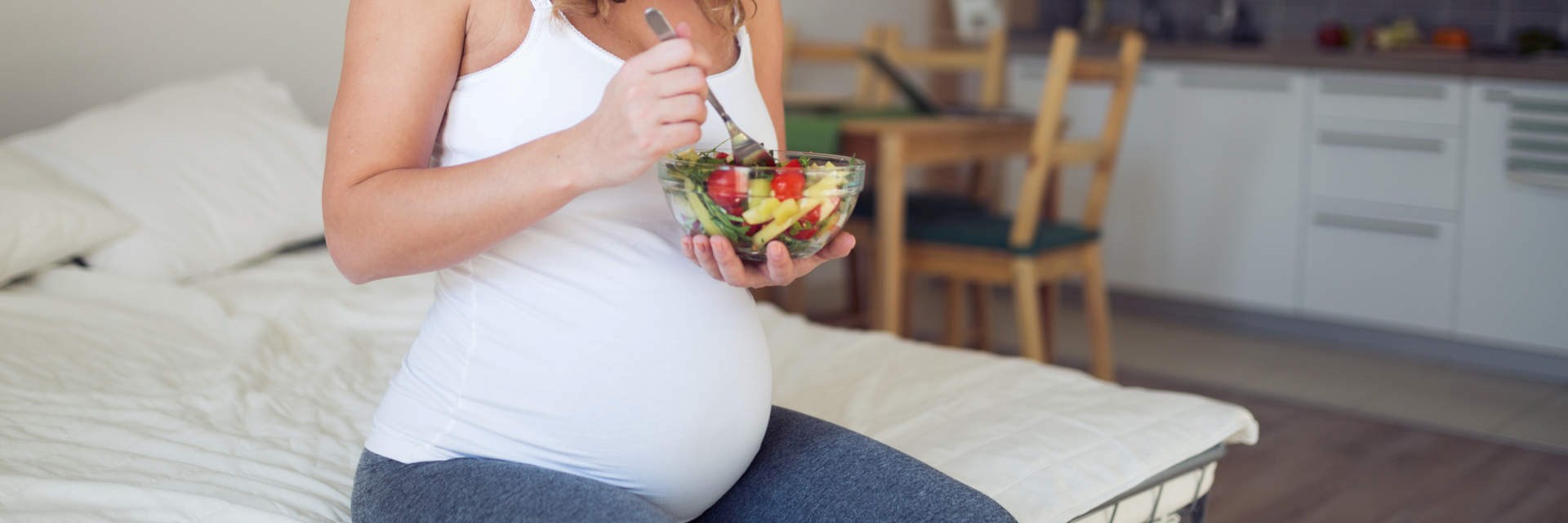
Being vegan and pregnant doesn't have to be hard. Nutritionist Riya Lakhani explains how to eat a vegan diet while getting all the nutrients you need.
Learn more Latest Pet Health articles

Having stiff joints can impact every aspect of your dog's daily life, says vet Joanna Woodnutt. Here's how to help.
Learn more 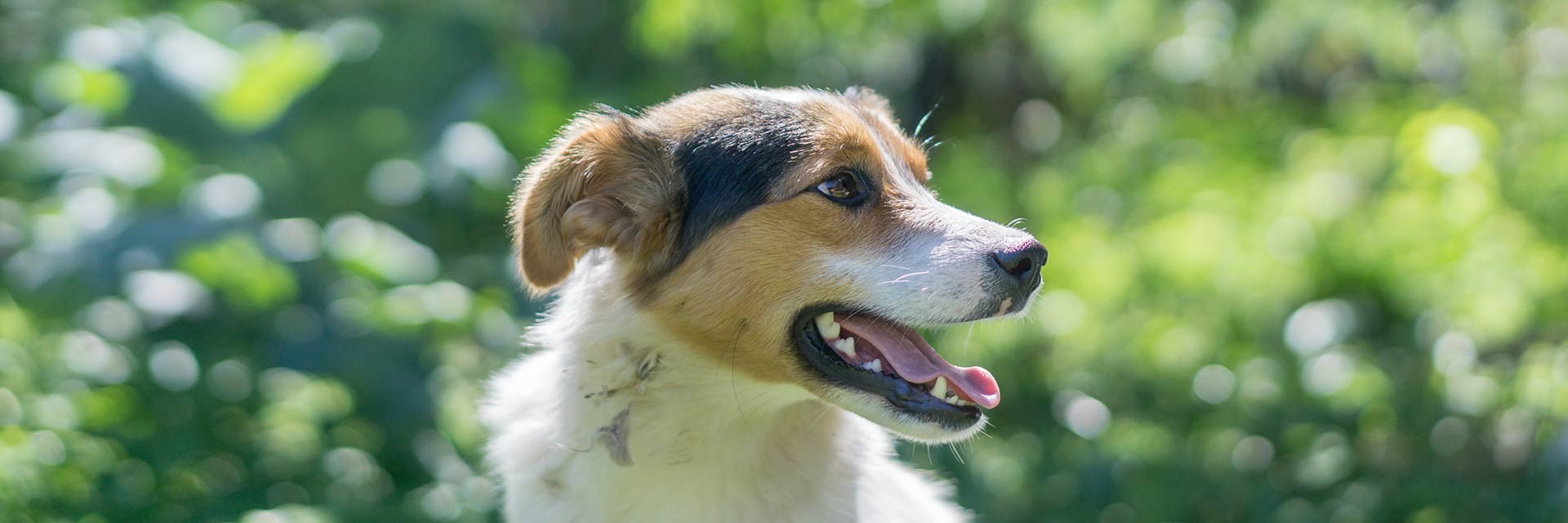
More than 60% of pets have a form of dental disease, which can also cause heart and kidney problems. Vet Joanna Woodnutt shares her advice.
Learn more 
Whether it's a beach holiday or countryside escape, canine behaviourist and trainer Jackie Murphy shares her advice for holidaying with your pet.
Learn more 
Canine nutritionist Jodie Woodward shares her recipe for healthy dog treats. Quick and easy to make, with only five ingredients.
Learn more 






